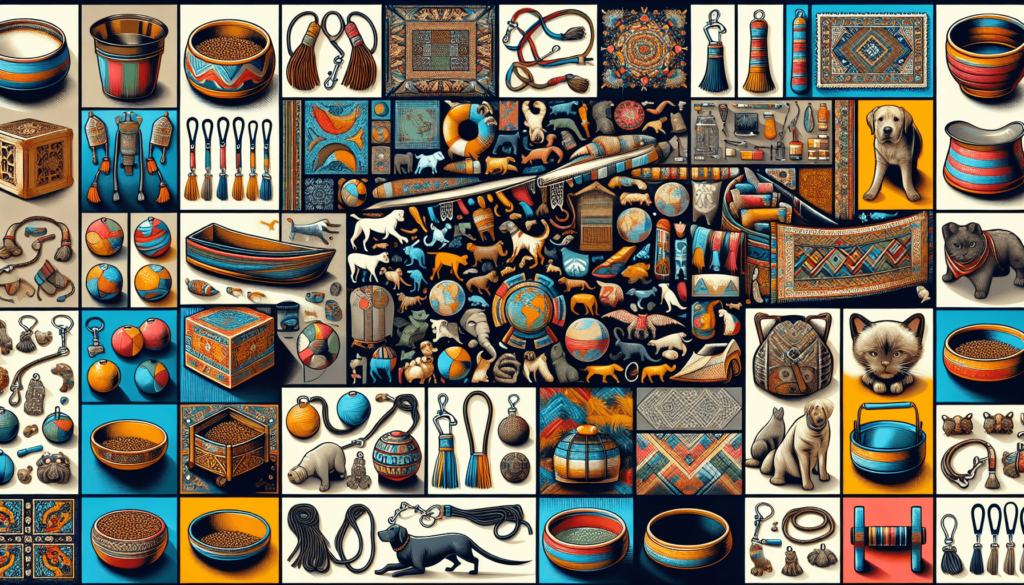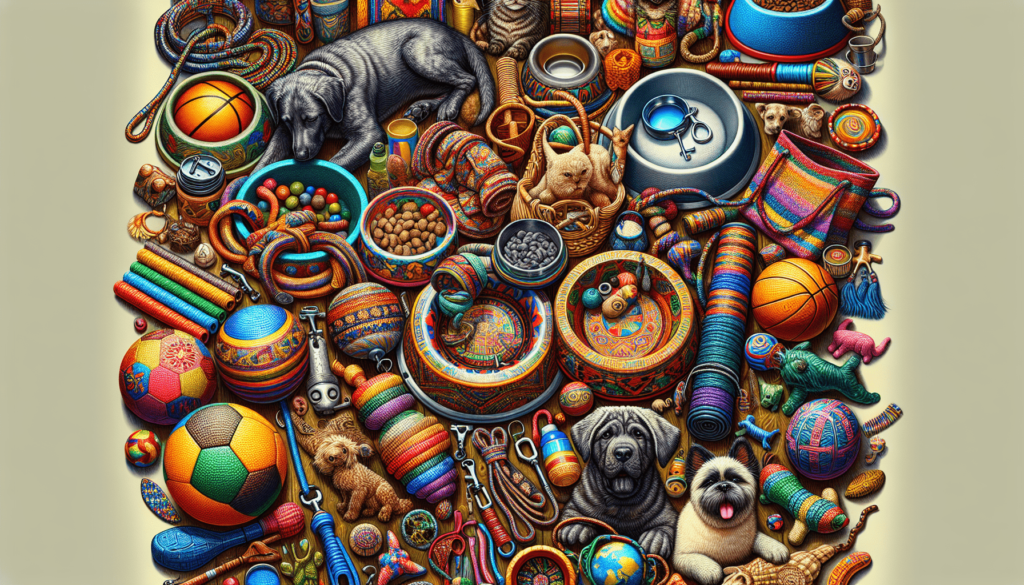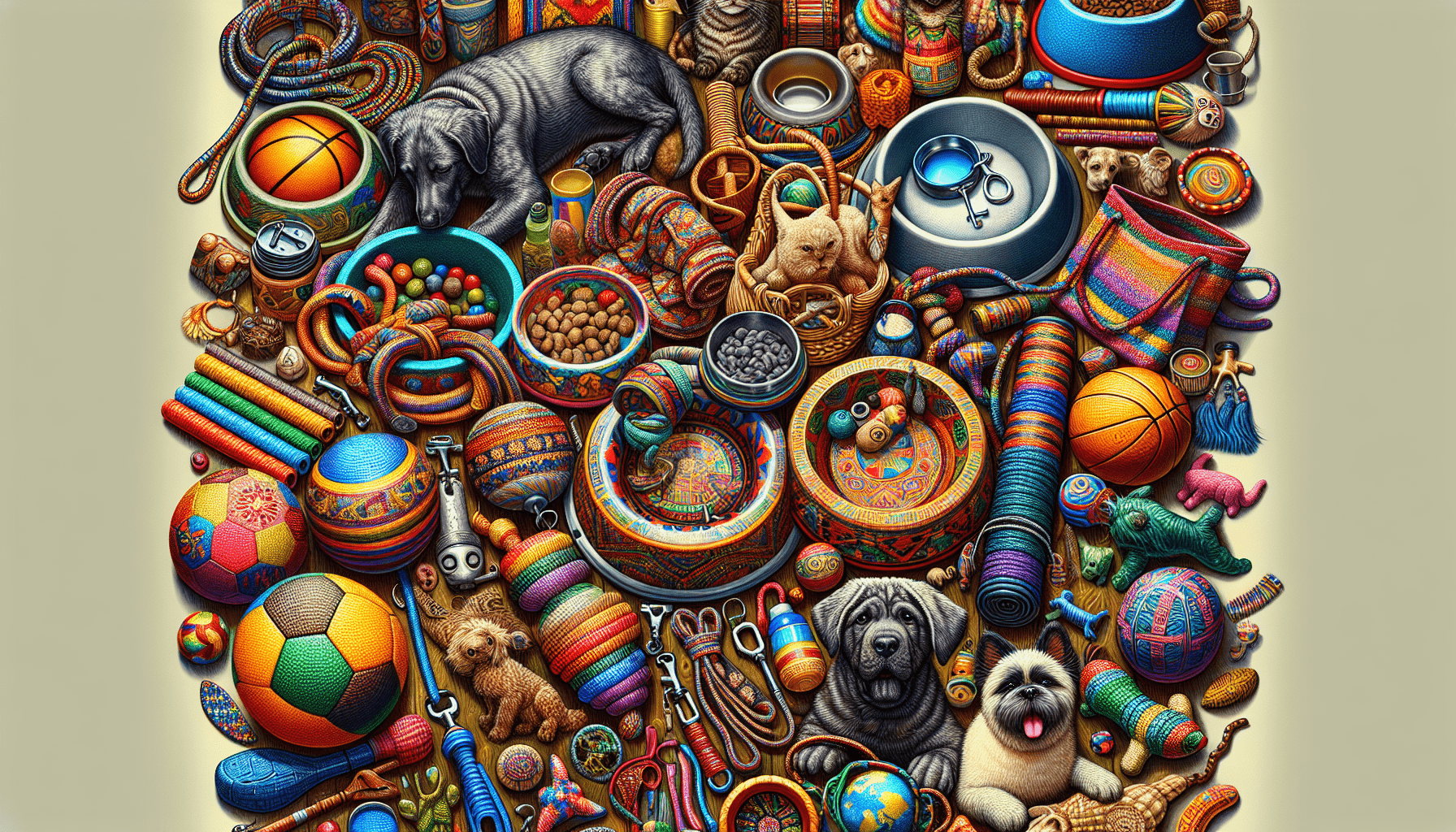Hello there! Have you ever noticed how different cultures around the world have various attitudes towards owning pets? It’s fascinating to explore how people from different backgrounds view and treat their furry companions. In this article, we will delve into the topic of cultural differences in pet ownership and perception, shedding light on the various ways in which our beliefs and values influence our relationships with our beloved animal friends. Whether you’re a devoted pet parent or just curious about cultural practices, this article will provide insight into how pet ownership varies across different societies and regions. Stay tuned for an enlightening journey through the diverse world of pet ownership! Have you ever wondered how different cultures around the world view pet ownership? Pets are often considered a beloved part of the family in many societies, but the way they are cared for and perceived can vary greatly from one culture to another. In this article, we will explore the cultural differences in pet ownership and perception across various countries and regions. So, buckle up and let’s embark on this fascinating journey together!

The Role of Pets in Different Cultures
Pets play a significant role in the lives of people around the world, but the way they are viewed can differ greatly depending on cultural norms and values. For example, in Western cultures such as the United States and Europe, pets are often considered as companions and family members. On the other hand, in some Asian cultures like Japan, pets are valued for their loyalty and servitude.
In many Western countries, pets are often allowed to sleep in the same bed as their owners and are given special treats and toys. In contrast, in some Asian cultures, pets are expected to be well-behaved and obedient, with training and discipline being a top priority.
Understanding Cultural Norms and Values
Cultural norms and values play a significant role in shaping the way pets are viewed and treated in different societies. In some cultures, pets are viewed as symbols of status and wealth, while in others, they are seen as sources of comfort and companionship.
For example, in countries like India and China, certain breeds of dogs are highly prized and sought after, symbolizing wealth and prosperity. In contrast, in countries like the United States and Australia, mixed-breed rescue dogs are increasingly popular, reflecting a cultural shift towards valuing adoption and rescue efforts.
The Influence of Religion and Tradition
Religion and tradition also play a significant role in shaping the perception of pets in different cultures. In some cultures, certain animals are considered sacred or taboo, influencing the way they are treated and cared for.
For example, in Hinduism, cows are considered sacred and are protected from harm, while in Islam, dogs are often viewed as unclean and are not allowed inside the home. These religious beliefs can greatly impact the way pets are viewed and treated in different societies.
Pet Ownership Practices Around The World
Pet ownership practices can vary greatly from one culture to another, with different countries having their own unique customs and traditions when it comes to caring for animals. Let’s take a closer look at some of the common practices in different parts of the world.
United States
In the United States, pet ownership is extremely common, with nearly 70% of households owning at least one pet. Dogs and cats are the most popular pets, with many Americans treating their furry friends as beloved family members.
Americans spend billions of dollars each year on pet care, including food, veterinary care, grooming, and pet accessories. In the US, pets are often considered as companions and are included in family activities and celebrations.
Japan
In Japan, pet ownership is also very popular, with dogs and cats being the most common pets. However, the way pets are viewed and cared for in Japan can be quite different from Western cultures.
In Japan, pets are often pampered and spoiled, with many pet owners dressing their animals in cute outfits and accessories. Pet cafes and hotels are also popular in Japan, allowing people to spend quality time with animals even if they are not able to have pets of their own.
United Kingdom
In the United Kingdom, pet ownership is also very common, with dogs, cats, and rabbits being popular choices. British pet owners are known for their love of animals and often go to great lengths to ensure the health and happiness of their pets.
In the UK, pets are often considered as members of the family and are included in social activities and outings. Many British pet owners also support animal welfare organizations and initiatives to improve the lives of animals in need.
Cultural Differences in Pet Care
The way pets are cared for can vary greatly from one culture to another, with different societies having their own unique customs and practices when it comes to pet care. Let’s explore some of the common differences in pet care practices across various countries.
Feeding Practices
Feeding practices can vary greatly across different cultures, with some societies preferring to feed their pets commercially prepared food, while others may opt for a more natural or homemade diet.
In the United States and Europe, commercial pet food is extremely popular, with a wide range of options available for dogs and cats. Many pet owners in Western countries choose to feed their animals high-quality, nutritionally balanced pet food to ensure their health and well-being.
In contrast, in countries like Japan and Korea, homemade diets are more common, with pet owners preparing fresh meals for their animals using ingredients like rice, vegetables, and meat. Some Asian cultures also believe in feeding their pets a diet that is similar to what humans consume.
Grooming and Hygiene
Grooming and hygiene practices can also vary across different cultures, with some societies placing a high emphasis on grooming and cleanliness for their pets.
In Western countries like the United States and Europe, pet grooming services are widely available, with many pet owners taking their dogs and cats to professional groomers for baths, haircuts, and nail trims. Regular grooming is seen as an important part of pet care in Western cultures.
In contrast, in countries like India and Indonesia, grooming practices may be less formal, with pet owners taking on the responsibility of grooming their animals at home. While grooming and hygiene are still important, the way in which they are carried out can differ depending on cultural norms and values.
Medical Care
Medical care for pets can vary greatly across different cultures, with some societies having advanced veterinary care systems, while others may have limited access to healthcare services for animals.
In Western countries like the United States and Europe, veterinary care is highly advanced, with a wide range of services available for dogs, cats, and other pets. Many pet owners in these countries have pet insurance to help cover the cost of medical treatments and procedures.
In contrast, in developing countries like India and Brazil, access to veterinary care can be limited, with many animals not receiving the medical attention they need. Some cultures may rely on traditional remedies and healers to treat sick or injured pets, leading to varying outcomes in terms of health and wellness.
Conclusion
In conclusion, cultural differences in pet ownership and perception can have a significant impact on the way animals are viewed and cared for in different societies. Understanding these cultural nuances is essential for promoting responsible pet ownership and improving the lives of animals around the world.
By examining the role of pets in different cultures, exploring pet ownership practices, and understanding cultural differences in pet care, we can gain valuable insights into the diverse ways in which people interact with and care for their furry friends. So, the next time you come across a cultural difference in pet ownership and perception, take a moment to appreciate the rich tapestry of traditions and values that shape our relationships with animals.
Remember, no matter where you are in the world, the love and companionship that pets provide are universal and transcends cultural boundaries. So, cherish your pets, respect different cultural perspectives, and continue to advocate for the well-being of animals everywhere. Thank you for joining us on this enlightening journey through the world of cultural differences in pet ownership and perception!


